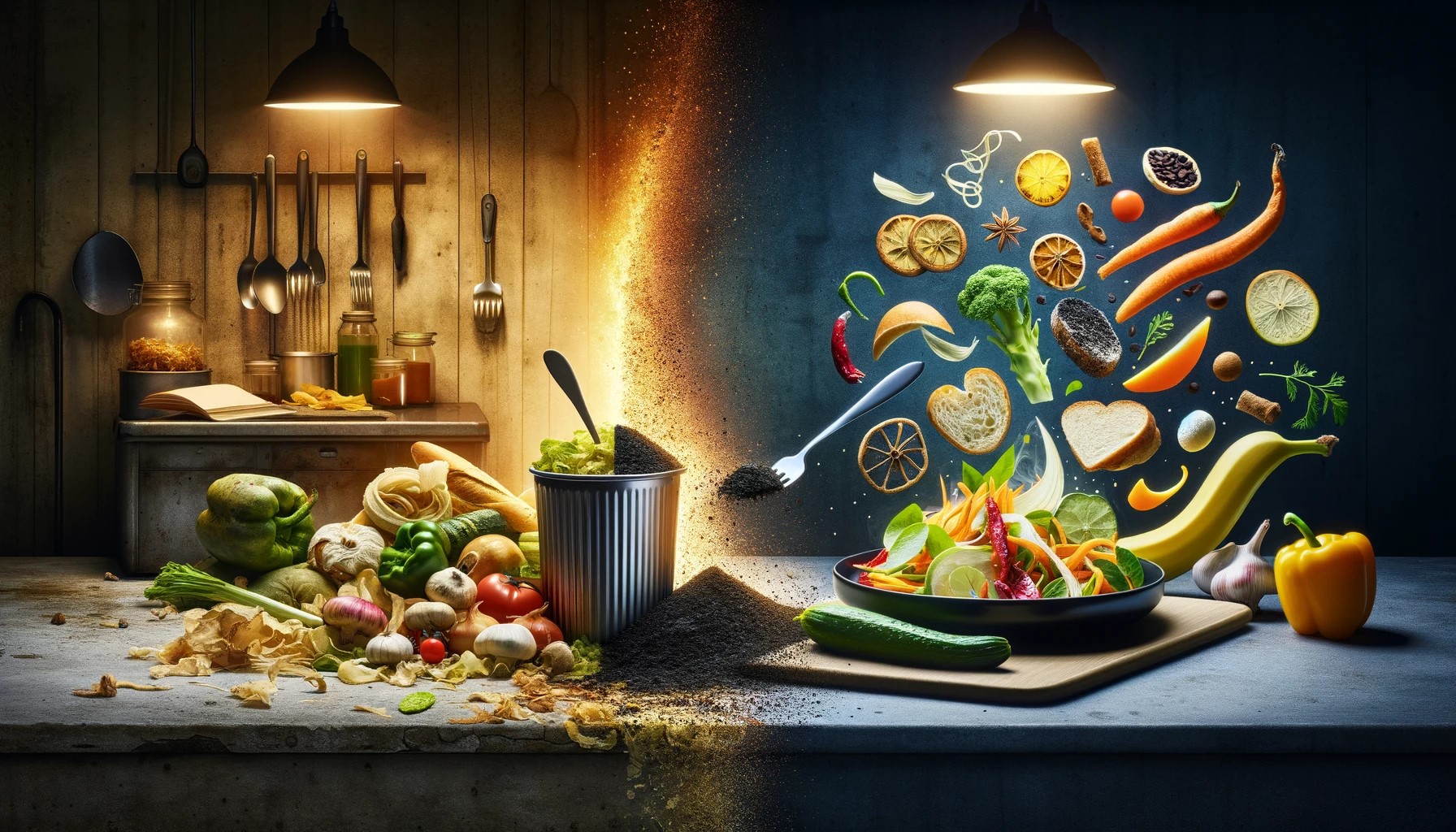Introduction: Sustainability and eco-conscious eating lead today’s culinary trends. Chefs are turning food waste into future dining experiences. They’re moving from old cooking methods to new, sustainable ones. Incorporating upcycled ingredients into your menu breathes life into potential waste. It challenges chefs to be more creative.
Upcycling isn’t just trendy. It’s a sustainability statement. It offers a unique, meaningful experience to diners. By blending old and new, we create a diverse palette of flavors. This respects our planet. Let’s see how your place can lead this change. We’ll turn waste into treasure, where every ingredient has a story.
Key Takeaways
- Sustainability is crucial. It cuts food waste and helps the environment.
- Creativity blossoms when chefs use upcycled foods for new dishes.
- Upcycling lowers costs and boosts profits.
- Menus that tell a sustainability story to attract eco-friendly customers.
- Mopac supports your kitchen’s sustainability and innovation efforts.
Upcycling Basics
Upcycling starts with changing how we see leftovers. They’re not waste but new dish ingredients. This needs food science knowledge and creativity. Techniques like fermentation give old ingredients new life. For instance, stale bread becomes gourmet croutons. Used coffee grounds can garnish desserts.
Global Success Stories
Chefs worldwide are making sustainability a priority. They use upcycled ingredients to craft delicious, eco-friendly dishes. A Michelin-starred restaurant makes dishes from discarded produce. A local bistro sources surplus ingredients through food recovery networks. These stories inspire others to join this sustainable movement.
Practical Tips
Starting with upcycled ingredients might seem hard. But small steps can make a big difference. Conduct a waste audit. Work with suppliers on upcycled products. Tell customers about your sustainability efforts. This innovation culture reduces your environmental impact. It also makes your menu more appealing.
Conclusion
Upcycling is more than a trend. It’s about sustainability, innovation, and community. It transforms menus into collections of unique, sustainable dishes. This is a great time for the culinary industry. Creativity is limitless, and incorporating upcycled ingredients into your menu creates distinction.
Mopac is here to support your sustainability journey. By partnering with us, you’re committing to sustainability and efficiency. Together, we can reduce food waste. We aim for a future where meals are creative, sustainable, and innovative.
FAQs
What are upcycled ingredients?
Materials otherwise thrown away, are repurposed into valuable, consumable products.
Benefits for my restaurant?
They improve your sustainability, attract eco-conscious customers, inspire new dishes, and can reduce costs.
Where to find them?
Your kitchen waste, local repurposed product suppliers, or food waste reduction partnerships.
How do customers view them?
Customers appreciate sustainability efforts. Being open about your practices boosts trust and engagement.
Mopac values our customer relationships. We aim for partnerships based on efficiency and sustainability. Let us help you make an impact with our recycling solutions.





